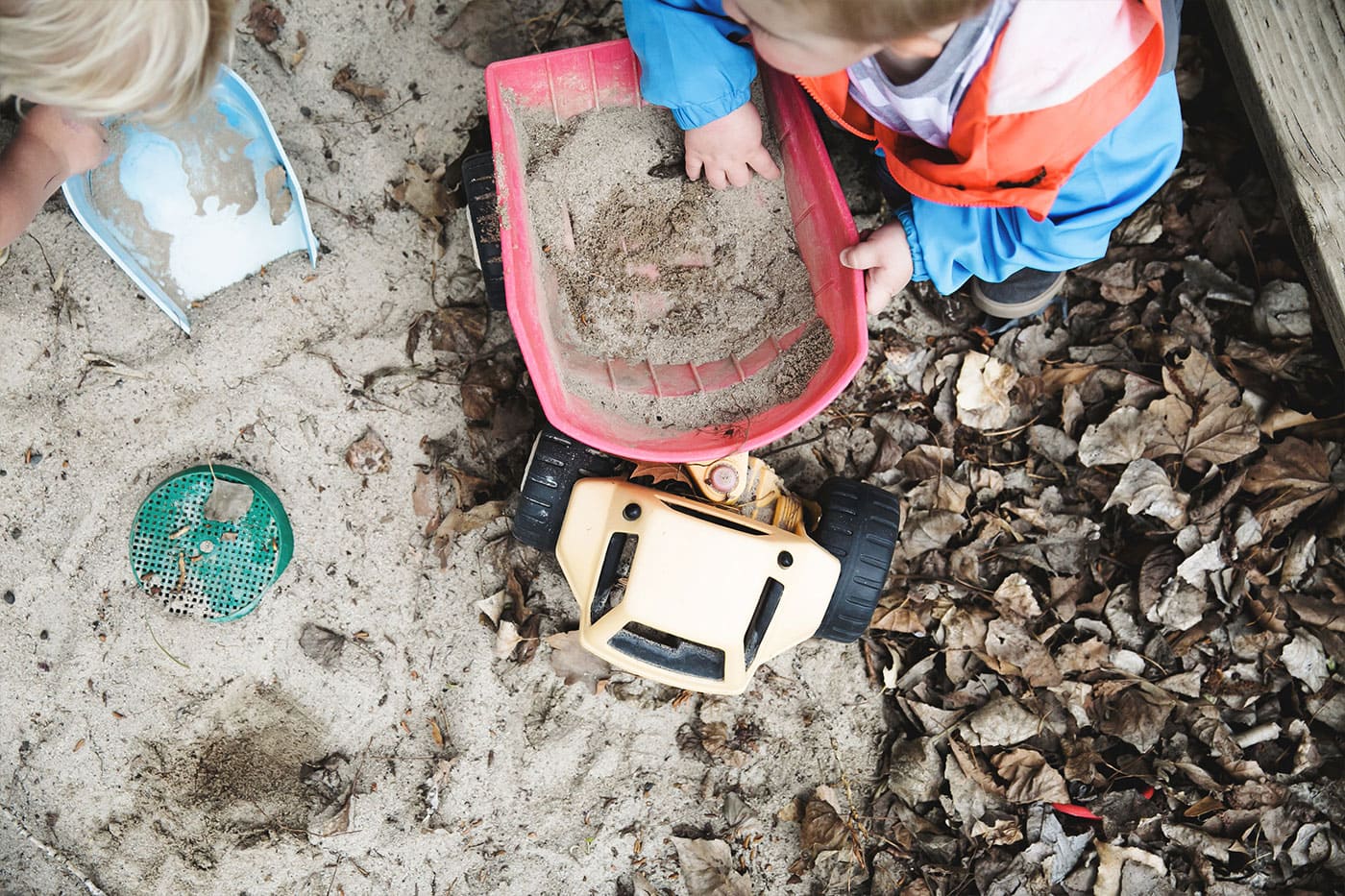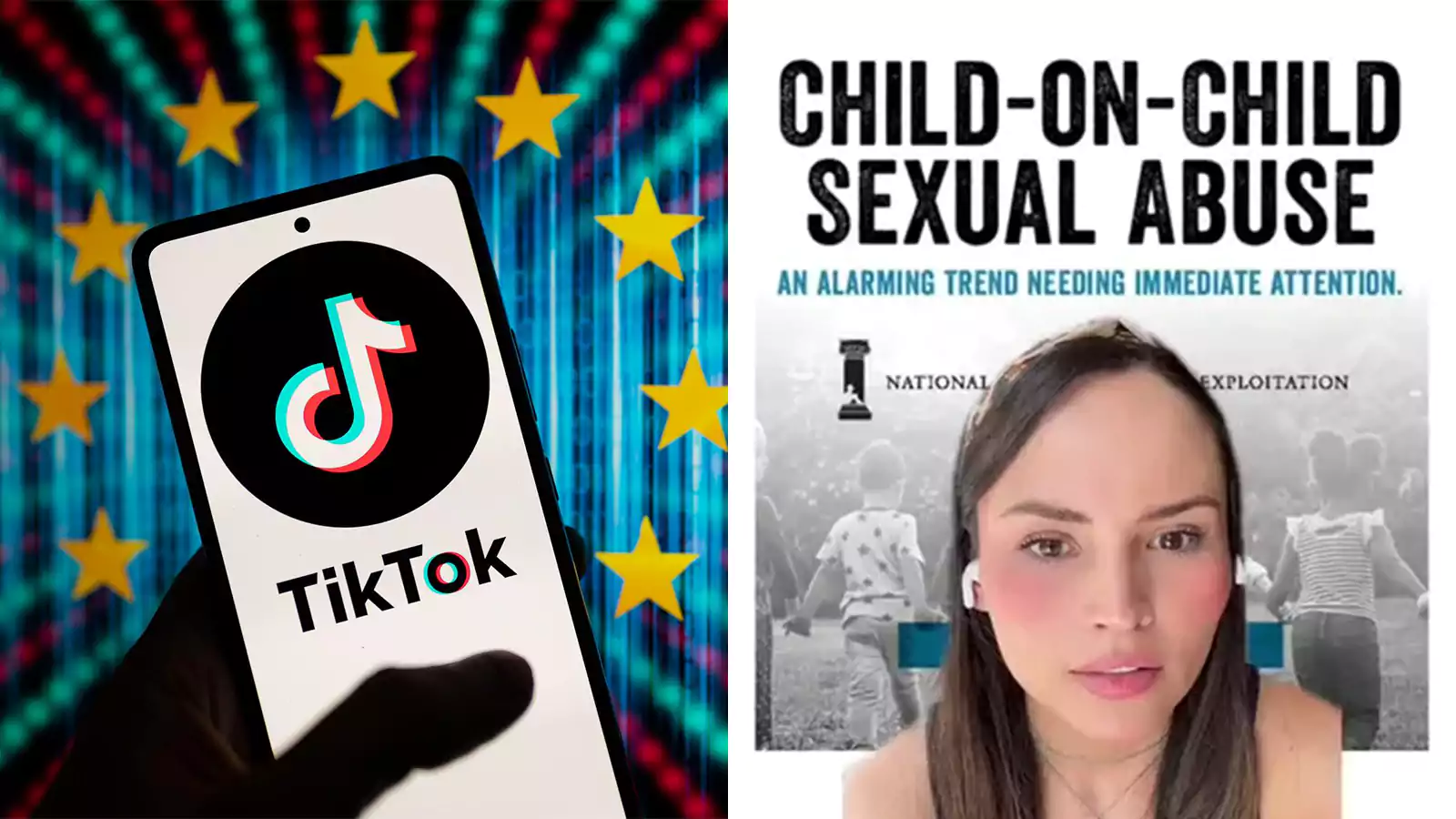Understanding What Is COCSA: A Comprehensive Guide
Child-on-child sexual abuse (COCSA) is a sensitive yet crucial topic that demands attention and understanding. It refers to a situation where sexual activity occurs between children, often involving coercion or a power imbalance. Recognizing COCSA is essential to protect young individuals from harm and ensure their well-being.
Unfortunately, many people remain unaware of the nuances surrounding COCSA. This lack of awareness can lead to misunderstandings and inadequate responses to situations that require intervention. In this article, we will delve into the meaning of COCSA, explore its implications, and discuss the importance of addressing this issue openly.
Table of Contents
- What Is COCSA?
- Definition of COCSA
- COCSA vs Other Forms of Abuse
- Recognizing COCSA
- Impact on Children
- Addressing COCSA
- Challenges in Discussing COCSA
- Importance of Awareness
What Is COCSA?
COCSA, or child-on-child sexual abuse, is a term used to describe sexual activity between children that occurs without consent or under coercive circumstances. It typically involves one child exerting power over another, either physically, mentally, or both. Understanding COCSA is vital for identifying and addressing harmful behaviors early on.
It is important to note that COCSA often occurs within the same age group or developmental category. This means that the abuse is not limited to interactions between older and younger children but can also happen among peers. Recognizing the signs and taking appropriate action is crucial in preventing further harm.
Definition of COCSA
COCSA is generally defined as any sexual activity between children that is not consensual or involves coercion. While some cases may appear consensual on the surface, it is essential to consider the power dynamics and developmental stages of the children involved. For instance, a child may not fully understand the implications of their actions or be able to give informed consent.
Experts emphasize that COCSA is not limited to physical acts. It can also involve verbal or emotional manipulation, making it even more challenging to identify and address. Understanding the broader definition of COCSA helps in recognizing its various forms and responding appropriately.
COCSA vs Other Forms of Abuse
While COCSA shares similarities with other forms of child sexual abuse, it has distinct characteristics that set it apart. Unlike abuse involving adults, COCSA occurs between children, often making it harder to detect and address. The power dynamics in COCSA can be more subtle, as they may stem from differences in age, size, or social status rather than authority.
Furthermore, COCSA can involve children who are struggling with their own problematic sexual behaviors. These children may have been victims of abuse themselves or exposed to inappropriate content. Addressing COCSA requires a nuanced approach that considers the unique circumstances of each case.
Recognizing COCSA
Recognizing COCSA can be challenging, as it often occurs in private settings and may not leave visible signs. However, there are certain indicators that parents, caregivers, and educators should be aware of:
- Unexplained changes in behavior or mood
- Increased secrecy or reluctance to discuss certain topics
- Regression to earlier developmental stages
- Unusual knowledge of sexual topics for their age group
- Physical symptoms such as discomfort or pain
It is important to approach these signs with sensitivity and seek professional guidance if COCSA is suspected. Early intervention can make a significant difference in preventing further harm.
Impact on Children
Experiencing COCSA can have long-lasting effects on a child's mental, emotional, and physical well-being. It can lead to:
- Difficulty trusting others
- Low self-esteem and self-worth
- Anxiety and depression
- Problems with relationships and intimacy
- Increased risk of substance abuse or self-harm
Addressing the impact of COCSA requires a comprehensive approach that includes therapy, support from loved ones, and education about healthy boundaries and consent. By providing a safe and supportive environment, children can begin to heal and rebuild their lives.
Addressing COCSA
Addressing COCSA involves a multi-faceted approach that includes prevention, intervention, and support. Prevention strategies can include:
- Education about healthy relationships and boundaries
- Encouraging open communication about feelings and experiences
- Teaching children about consent and respect
- Monitoring online activity to prevent exposure to harmful content
Intervention may involve working with mental health professionals to address problematic behaviors and provide support to both the victim and the perpetrator. It is crucial to approach these situations with empathy and understanding, recognizing that children involved in COCSA may also be victims themselves.
Challenges in Discussing COCSA
Despite its importance, discussing COCSA can be challenging due to societal stigma and discomfort. Many people find the topic difficult to address, leading to a lack of awareness and understanding. However, ignoring COCSA only perpetuates the cycle of harm and prevents effective intervention.
Creating a culture of openness and education is essential in breaking down these barriers. Encouraging conversations about COCSA can help reduce stigma and empower individuals to seek help when needed. It is crucial to approach these discussions with sensitivity and respect, recognizing the complexity of the issue.
Importance of Awareness
Awareness of COCSA is crucial in preventing harm and promoting the well-being of children. By understanding the meaning and implications of COCSA, individuals can better recognize the signs and take appropriate action. This awareness extends beyond parents and caregivers to include educators, healthcare providers, and policymakers.
Efforts to raise awareness about COCSA should focus on education, advocacy, and support. Providing resources and training for those working with children can help ensure that they are equipped to address COCSA effectively. Additionally, fostering a culture of openness and understanding can encourage individuals to seek help and support when needed.
Conclusion
COCSA is a complex and sensitive issue that requires attention and understanding. By recognizing its signs, addressing its impact, and promoting awareness, we can work towards preventing harm and supporting the well-being of children. It is crucial to approach COCSA with empathy, respect, and a commitment to creating a safer environment for all.
We encourage readers to share this article, engage in discussions about COCSA, and seek further information from trusted sources. Together, we can make a difference in the lives of children affected by COCSA and promote a culture of safety and support.
Disclaimer: The information provided in this article is based on current research and expert opinions. It is not a substitute for professional advice or intervention. If you suspect COCSA or any form of abuse, please contact local authorities or seek professional help immediately.

5 Facts About Child on Child Sexual Abuse (COCSA) | Defend Innocence

COCSA' Explained: TikTok's New Acronym Sparks Conversations About

What Is COCSA On TikTok? Acronym Explained | BrunchVirals